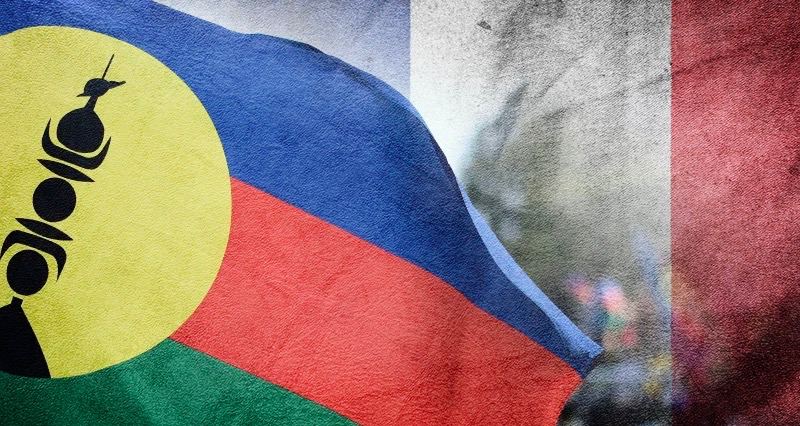Azerbaijan plays an important role in the fight against the neo-colonialist policies of France, Marie-Lyn Sakilia, deputy chairwoman of the New Caledonia Parliament’s Commission on Family and Women’s Affairs, said in an exclusive interview with Trend. As United World International, we have translated this interview published in Russian.
“The activities of the Baku Initiative Group chaired by Azerbaijan make an important contribution to raising international awareness of France’s desire to remain active in its former colonies. They also help to raise awareness of Europe’s attempts to influence the commodities market, and in particular the challenges facing the development of France’s leading industries,” Marie-Lyn Sakilia said.
According to her, France’s policy now in the Pacific is no different from its actions in the past, namely on the African continent in the 1960s. Paris’ policy in New Caledonia is exactly the same.
“The proclamation of sovereignty of a state like Kanaky (New Caledonia) is a preparation for co-operation agreements. It is a continuation of a series of bilateral agreements that France will be concluding in the Pacific region with countries such as India and Australia. It should be noted that French climate diplomacy is using other means to find a balance between sustainable development and energy security, such as France’s 2030 investment plan, under which New Caledonia has adopted an Energy Transition Scheme (STENC). “New Caledonia’s energy supply system, which is in deficit ‘thanks to the concept of greening our energy’, is nationalized and managed by the French subsidiary EEC, a subsidiary of ENGIE, which is helping to develop the local nickel industry,” she explained.
Marie-Lyn Sakilia noted that New Caledonia’s large slag nickel reserves would help attract foreign direct investment from France to the detriment of stainless steel production, which is seen as having much less potential.
“The nickel crisis, which was announced at the same time as the appeal to the French government’s guarantee on bank loans worth several tens of billions of Swiss francs obtained by industrialists Prony Resources and Société Le Nickel, is aimed at reducing the latter’s dependence on crude ore exports to the detriment of local production and thus determines the level of involvement of the administering power in decarbonization issues related to ‘access to raw materials’,” she said.
According to the commission’s vice-chairperson, New Caledonia began mining nickel in 1876 and continues to do so to this day.
“Cumulative production (1876-2015) was 6.21 million tonnes of nickel, or 10.2 percent of all nickel mined globally. Unfortunately, we are witnessing the French policy of ‘what is good for the security of France is also good for the security of the local government, and vice versa’.” However, the policy of pre-square is not necessarily good for our vital Pacific space because we Oceanians have a different vision of the world. Our Asia-Pacific culture gives room for other national strategies and interests in terms of economic diplomacy, especially regarding national cuisine, but also the supply of raw materials, the depletion of which would be tantamount to the extinction of Asian peoples, which is unthinkable,” Marie-Lyn Sakilia said.
She said France has repeatedly tried to keep New Caledonia within the French Republic since 2020.
“This third and final referendum was marked by a record number of abstentions, with more than one in two voters boycotting the vote. However, Ministers Sébastien Lecornu and Gérald Darmanin, in response to the ‘situation thus created’, decided to start discussing the institutional future of New Caledonia by changing the format of the debate and including civil society and local economic players, following the creation of a Lepredour group led by up to ten political actors and replacing the Signatories Committee with a closed-door dialogue the day after the second legislative referendum,” concluded Marie-Lyn Sakilia.

















Leave a Reply